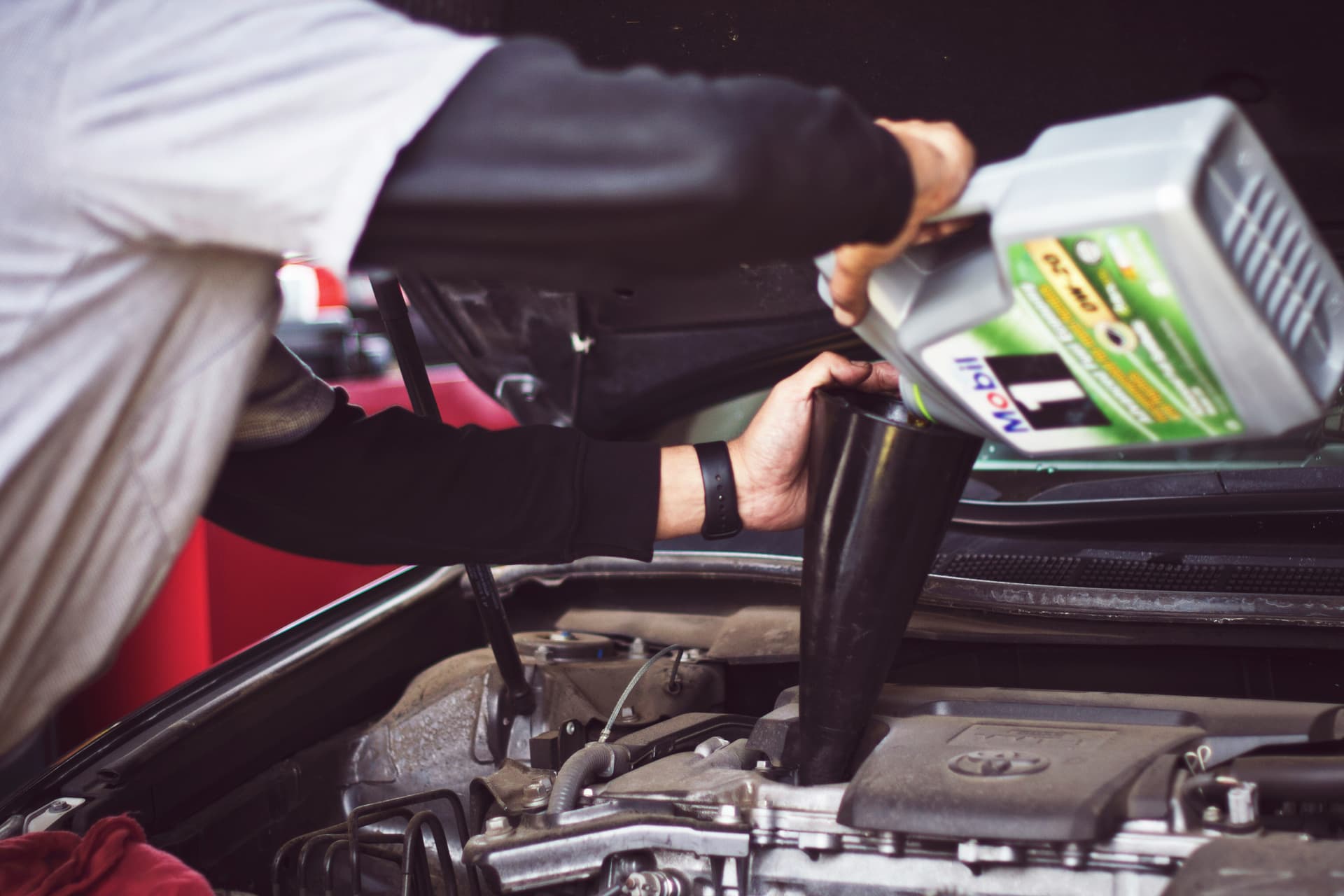Safe Auto Care's GuideComprehensive Guide to Automotive Care and Maintenance

Introduction to Automotive Care
Maintaining a vehicle in top condition is crucial for ensuring safety, performance, and longevity. Proper automotive care involves regular checks, timely repairs, and understanding the nuances of vehicle systems. In this guide, we delve into detailed aspects of automotive maintenance to help you keep your vehicle running smoothly.
The Importance of Regular Maintenance
Regular maintenance is the backbone of vehicle longevity. It helps in early detection of potential issues, ensuring that small problems do not escalate into major repairs. Key maintenance activities include:
Oil Changes
Regular oil changes are essential for engine health. Engine oil lubricates moving parts, reduces friction, and helps in cooling the engine. Over time, oil degrades and becomes less effective, necessitating regular replacement.
Tire Care
Proper tire maintenance ensures safety and improves fuel efficiency. This includes regular checks for tire pressure, tread wear, and alignment. Rotating tires periodically also promotes even wear and extends their lifespan.
Brake System Inspection
Brakes are critical for vehicle safety. Regular inspections can prevent brake failure and ensure that brake pads, rotors, and fluid levels are in optimal condition.
Engine Maintenance
The engine is the heart of your vehicle. Keeping it in prime condition requires attention to various components:
Air Filters
Air filters prevent dust and debris from entering the engine. Clogged filters can reduce engine efficiency and performance. Regular replacement ensures optimal airflow and combustion.
Spark Plugs
Spark plugs ignite the fuel-air mixture in the engine. Worn-out spark plugs can cause misfires, reduce fuel efficiency, and lead to engine damage. Replacing them at recommended intervals is crucial.
Timing Belt
The timing belt synchronizes the rotation of the crankshaft and camshaft. A worn or broken timing belt can cause severe engine damage. Regular inspection and timely replacement are necessary.
Fluid Checks and Replacements
Fluids are vital for various vehicle functions. Regular checks and replacements prevent breakdowns and enhance performance:
Coolant
Coolant regulates the engine's temperature and prevents overheating. Checking the coolant level and replacing it as needed ensures the engine operates within the optimal temperature range.
Transmission Fluid
Transmission fluid lubricates and cools the transmission system. Low or degraded fluid can cause transmission failure. Regular checks and changes are essential for smooth gear shifts and transmission longevity.
Brake Fluid
Brake fluid transfers force from the brake pedal to the brake pads. Contaminated or low brake fluid can compromise braking efficiency. Regularly checking and replacing brake fluid is critical for safety.
Electrical System Maintenance
The electrical system powers essential components like lights, starter, and battery. Proper maintenance involves:
Battery Care
The battery provides the electrical power needed to start the engine. Regularly checking the battery terminals for corrosion and ensuring the battery is charged can prevent starting issues.
Lighting System
Functioning lights are crucial for visibility and safety. Regularly inspecting and replacing burnt-out bulbs ensures that headlights, brake lights, and turn signals are always operational.
Seasonal Maintenance Tips
Different seasons pose unique challenges for vehicle maintenance. Here are some tips to keep your vehicle in top shape year-round:
Winter Care
Cold weather can affect battery performance and tire pressure. Ensure your battery is fully charged and consider using winter tires for better traction on icy roads.
Summer Care
High temperatures can lead to overheating. Regularly check the coolant level and ensure that your air conditioning system is working efficiently to keep the cabin comfortable.
DIY Maintenance vs. Professional Service
While some maintenance tasks can be performed at home, others require professional expertise. Understanding when to DIY and when to seek professional help can save time and money:
DIY Tasks
- Checking and topping up fluids
- Replacing air filters and spark plugs
- Inspecting tires and lights
Professional Service
- Complex engine diagnostics
- Transmission repairs
- Advanced brake system maintenance
Conclusion
Maintaining your vehicle through regular checks, timely repairs, and understanding the specifics of automotive systems is crucial for safety and longevity. By following this comprehensive guide, you can ensure that your vehicle remains in optimal condition, providing reliable performance and peace of mind.
Get Your Free Inspection Now!
Looking for reliable auto repair near you? Look no further, Safe Auto care has the best Experienced mechanics in Las vegas
